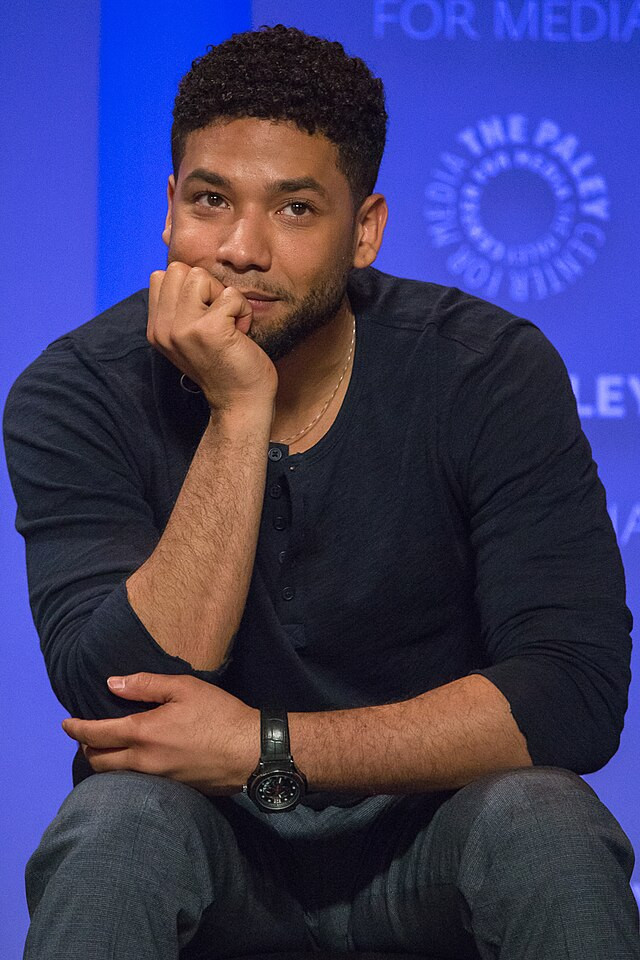The Illinois Supreme Court overturned the conviction of actor Jussie Smollett on Thursday, citing violations of due process in a case that captivated national attention. Smollett, who was accused of orchestrating a fake hate crime in Chicago in 2019, faced legal battles resulting in a conviction and a 150-day jail sentence. However, the court's decision nullified that conviction, ruling the second prosecution violated his rights.
The case originated in January 2019 when Smollett, who is Black and gay, reported being attacked by two men who allegedly hurled homophobic and racial slurs while placing a noose around his neck. The incident gained widespread attention, but a Chicago police investigation concluded it was a hoax. Two brothers, Abimbola and Olabingo Osundairo, later claimed Smollett had paid them to stage the attack.
In a 4-3 decision, the Illinois Supreme Court determined Smollett's initial agreement with the Cook County State's Attorney's Office, which dropped the charges in exchange for the forfeiture of his $10,000 bond and 15 hours of community service, should have precluded any subsequent prosecution. "Today we resolve a question about the State's responsibility to honor the agreements it makes with defendants," the court stated.
The decision drew comparisons to the 2021 reversal of Bill Cosby's conviction, which also centered on prosecutorial overreach. In Smollett's case, a special prosecutor re-opened the matter despite the original deal, ultimately leading to his conviction on five counts of felony disorderly conduct in 2021.
"This was not a prosecution based on facts; it was a vindictive persecution," Smollett's attorney, Nenye Uche, said in a statement. "The rule of law was the big winner today."
During his trial, Smollett maintained his innocence, testifying that the attack was genuine. His legal team argued he was scapegoated in a politically charged case. "This cloud over our client's name needs to be lifted," Uche added.
The case became a flashpoint in discussions about racial justice, media scrutiny, and prosecutorial conduct. Cook County State's Attorney Kim Foxx, who initially dismissed the charges, faced significant backlash, prompting the appointment of a special prosecutor who pursued Smollett.
The Illinois Supreme Court highlighted procedural irregularities in the re-prosecution, noting that re-trying Smollett after he complied with the original agreement violated the constitutional principle of due process. The ruling emphasized the state cannot renege on agreements once a defendant fulfills their obligations.
While the court's decision focused solely on procedural aspects, it did not address whether the attack was fabricated. The ruling nonetheless reignited public debate about the incident and its aftermath.
Smollett's fall from grace sent shockwaves through his career and public image. Once a rising star on the hit show Empire, the actor became a polarizing figure, with supporters claiming he was unfairly targeted and detractors accusing him of undermining real victims of hate crimes.





